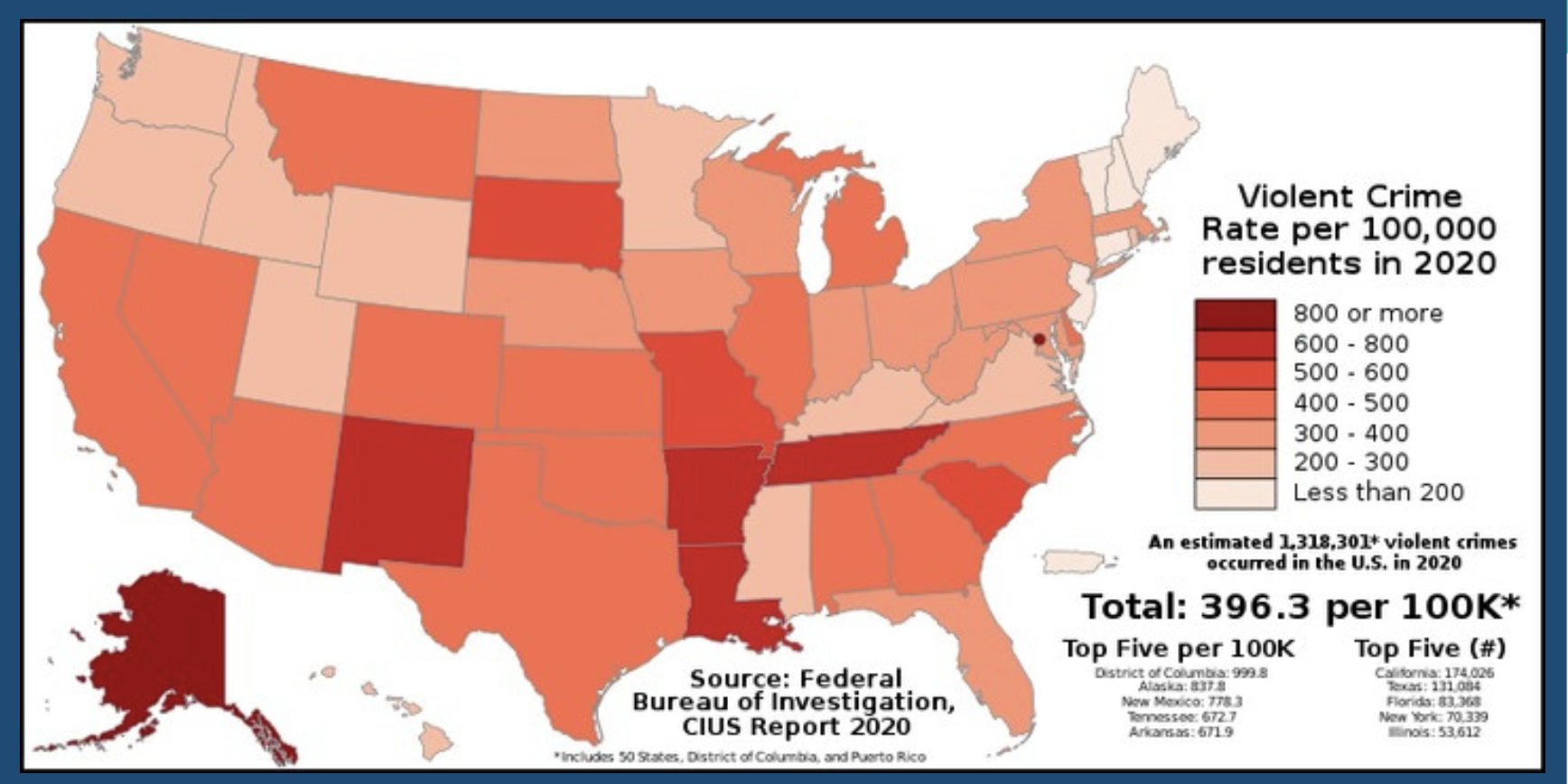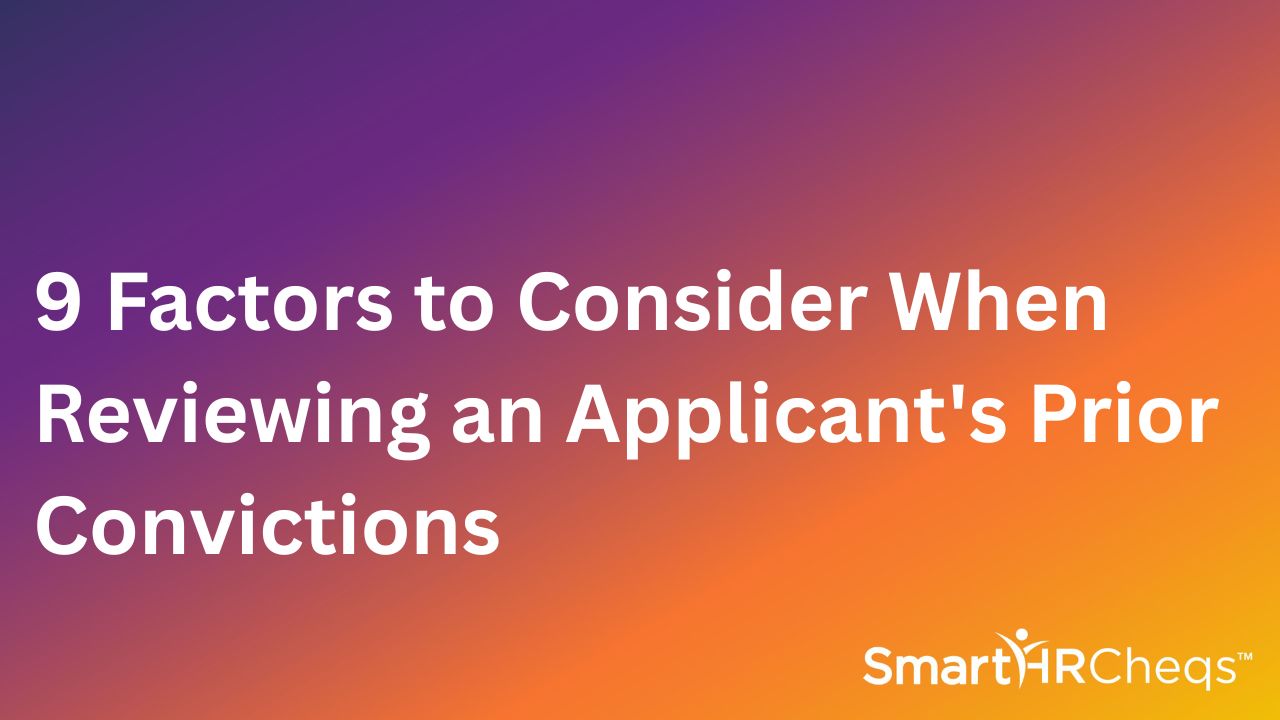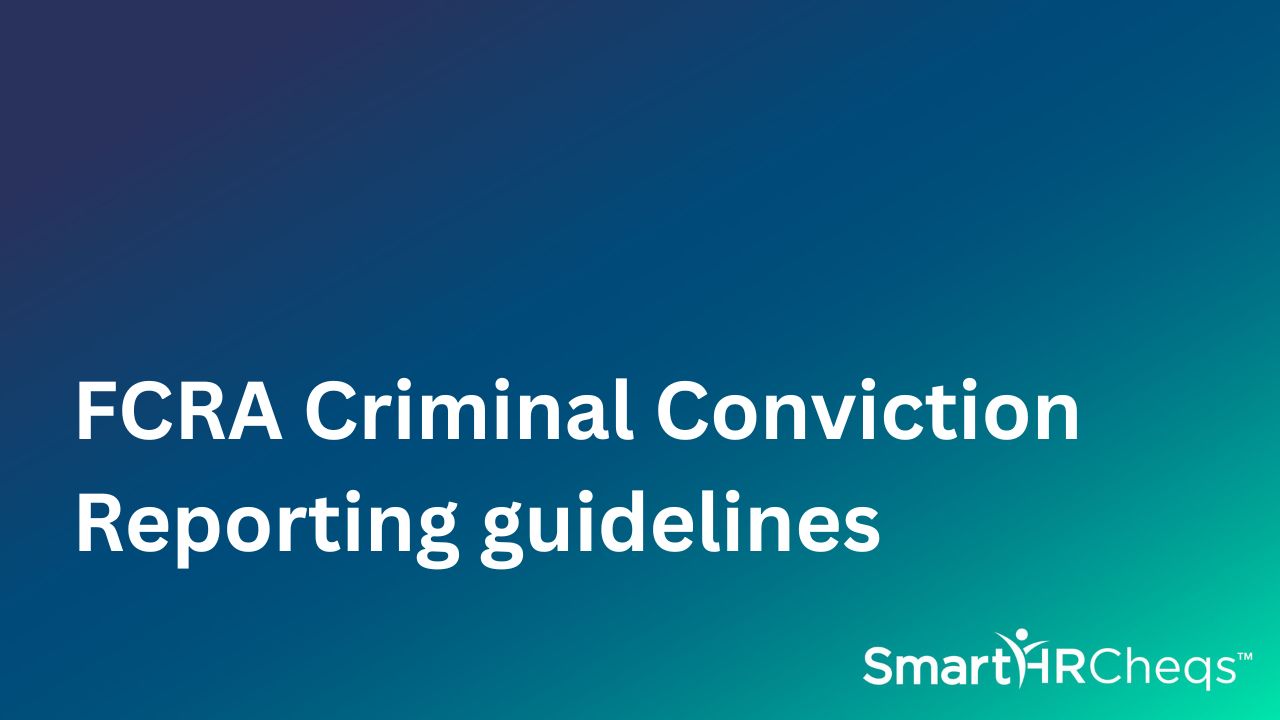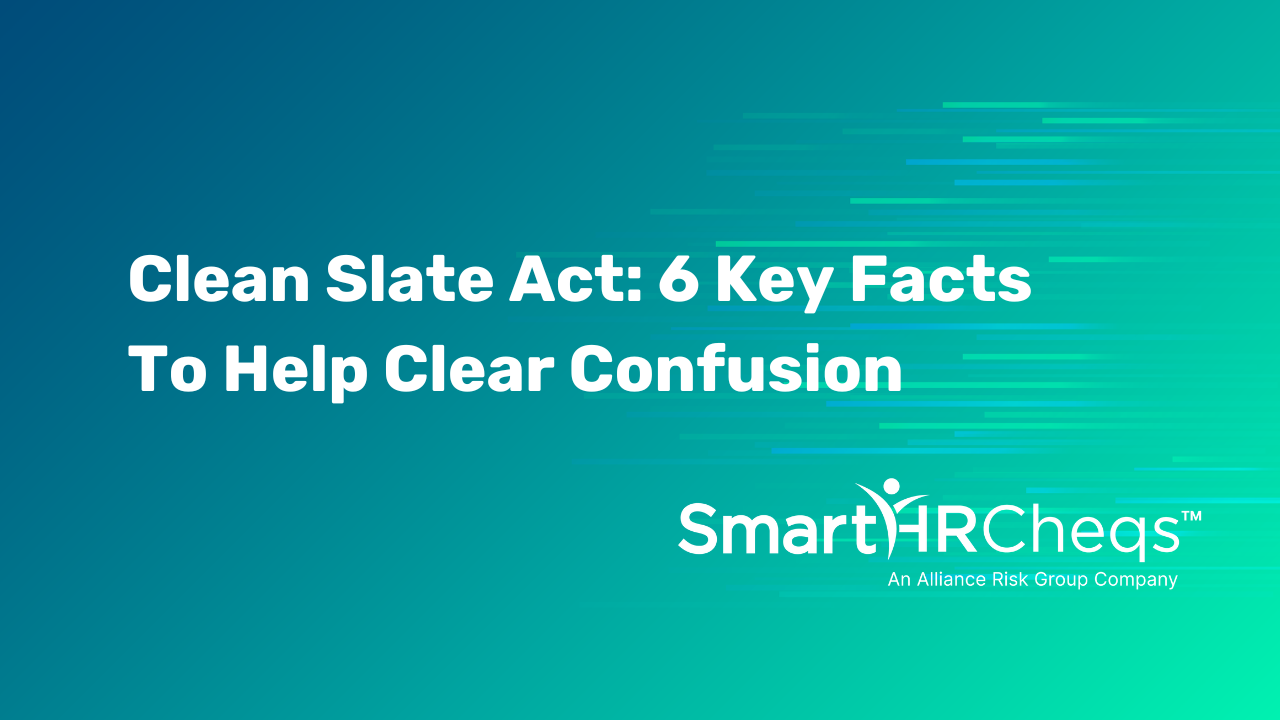9 Important Factors to Consider When Reviewing an Applicant’s Prior Convictions
Employers face many challenges in making the best hiring decisions for their organizations. When considering an applicant’s adverse background, several factors must be considered, including a complete individualized assessment. Ensuring you are compliant in all employment aspects from the application through the decision is critical to your organizational success! Here are some factors to consider before taking adverse action in your hiring process!
1. Second Chance Hiring: State and Federal Guidelines
With over 80 million people with a criminal record, and 600,000 people released from jail/prison daily, it is critical for employers to offer these individuals a second chance at life. There have been laws passed in several states regarding second and fair chance hiring. There has also been attention given at a federal level concerning individuals with prior convictions. Check your specific state(s) to ensure you are following local and state guidelines before making an adverse hiring decision.

Use the following resources to learn more about your States Federal Guidelines:
Second Chance Business Coalition SHRM
2. The duties and responsibilities that are specifically related to the job
3. Whether the conviction has a bearing on the applicant’s ability to perform those duties and responsibilities
4. The seriousness of the offense
5. How much time has passed since the conviction(s)
6. Any information the applicant provides about his or or her rehabilitation
To consider numbers 2 through 6, it is helpful to look at the landmark 1975 case of Green v. Missouri Pacific Railroad (MoPac). According to an article on SHRM, the EEOC guidelines do not prohibit criminal background checks, but an employer must show “that the policy operates to effectively link specific criminal conducts, and its dangers, with the risks inherent in the duties of a particular position.”
EEOC’s 52-page Guidance document that was released in 2012, “embraced the use of the long-standing three factors that were identified by the court in Green v. Missouri Pacific Railroad”:
-
The nature or gravity of the offense or conduct
-
The time elapsed since the conviction and/or completion of the sentence
-
The nature of the job sought or held
Key Wording of the Case:
“In short, no consideration is given to the nature and seriousness of the crime in relation to the job sought. The time elapsing since the conviction, the degree of the felon’s rehabilitation, and the circumstances under which the crime was committed are simply ignored.”
7. How old the applicant was at the time of the offense
8. The employer’s legitimate interest in protecting property and the safety and welfare of individuals and the public
9. Negligent Hiring and Retention: By hiring this individual or retaining them, what will your potential civil liability be in either scenario!
These factors are recommendations based on our industry experience and client interactions. We are not providing legal advice and recommend you consult with legal counsel prior to making a hiring decision.
Let’s Get In Touch!
FCRA Criminal Conviction Reporting guidelines
Understanding Criminal Conviction Reporting Guidelines Navigating criminal conviction reporting can be complex, especially with varying federal, state, and local regulations.…
Los Angeles DOB Redaction – Updates for 2024
Los Angeles DOB Redaction The Los Angeles Superior Court has announced that “effective close of business February 23, 2024, the…
Clean Slate Act: 6 Key Facts To Help Clear Confusion
Governor Kathy Hochul recently signed the NY Clean Slate Act. This legislation has far-reaching implications for individuals with criminal records…



